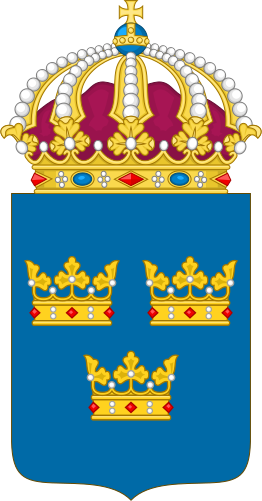Community / Land projects / Diakonia sub-programme within AGIR II - Diakonia AGIR II - delegated partnership Holland
Diakonia sub-programme within AGIR II - Diakonia AGIR II - delegated partnership Holland

€-3873689.743
12/14 - 03/24
Completado
This project is part of
Implementing Organisations
Donors
Data Providers
General
The overarching goal for the AGIR programme is: A Mozambican society where its citizens, particularly the most marginalized groups, fully enjoy their rights to inclusion and equity, to redistribution of wealth created from the country’s patrimony, to accessible and affordable public services of good quality, to basic civil freedoms and to political representation and participation; in a peaceful and ecologically sustainable environment. The sub-programmes have different thematic focus: Diakonia: focuses on the right to free and fair elections and to a multi-party democracy, on marginalized and vulnerable groups’ human rights (women, children & persons living with disabilities), on access to justice, on sexual and reproductive health and rights, as well as on gender based violence. Oxfam Ibis: focuses on the right to information generally, but also specifically in relation to the extractive industries, on free media (including investigative journalism), on strengthening of parliaments at all levels, as well as on actors of change whose goal is improved access to and quality of fundamental services (particularly health and education). Oxfam Novib: focuses on oversight of public budgets and expenditures, on public resources allocation and social audits, on fair tax collection, as well as on marginalised and vulnerable groups’ human rights (women, LGBT, de elderly and people living with HIV/AIDS), as well as on sexual and reproductive health and rights, and on gender based violence. We Effect: focuses on land rights, on the effects of the extraction of natural resources, on rural development, food security, climate change and environment.Diakonia’s Subprogramme will help to achieve the AGIR II results, change the prevailing situation in the country, by supporting national and local CSOs so they can work towards a more democratic society where a just peace prevails, the government is accountable, and citizens, government and the private sector respect human and socio-economic rights, in particular those of women, youth and people unable to resolve their current vulnerability. Diakonia’s role is to help CSOs to become more legitimate, pro-active and competent agencies as citizens’ voices and organizers that in key debates and decision-making processes that affect Mozambique’s development. Diakonia will work with two levels of target groups:(i) Primary target groups: CSOs, networks and forums, that receive resources and capacity from the Subprogramme aiming at changing behaviour at the level of the right holders and at change attitudes when serving, at the level of the duty bearers according to the ToC.;(ii) Secondary target groups: government institutions, the elected, public servants, political parties, the private sector, communities, families and citizens that are targeted by partners’ interventions. Representing, mainly the duty bearers, a target of the primary group together working the right holders, to change policy practices and policies, are aiming at a new normative setting in society and State affairs, according to the ToC.Diakonia focus on organisations at the national level and in two provinces: Zambézia and Niassa. Also focus on strengthening existing formal and informal networks. As already stated, the selection of local partners reflects the strategic objectives of Diakonia’s AGIR Subprogramme. Decentralised support is a new Diakonia strategy for AGIR II, in an effort to encourage networks to work more with their members, (not just focusing on planning specific activities connected to commemorative dates and events such as women’s month, the child’s fortnight, HIV/AIDs day, human rights day) and to be more strategic and plan for changes at different levels of governance (central, provincial and local).
Objectives
The overall objective of the AGIR-programme (Programa de Acções para uma Governação Inclusiva e Responsável), was to strengthen the capacity of civil society to demand accountability for political and economic decisions and to promote the respect for human rights, as well as by ensuring women and men have access to information about such decisions, and contribute to improved governance and to a democratic pluralism in Mozambique. The Swedish support recognised civil society as an independent actor in its own right, core support funding, harmonization, civil society ownership, alignment to key partner organisations's existing systems and mutual accountability for results are fundamental aspects of the programme. Diakonia was one of four International Partner Organisation's (IPO's) receiving funds to implement the AGIR programme, with the objective and thematic focus to ensure women and men (of all ages with no discrimination) have improved access to quality public services (education, health care, water, justice) and fully realise their potential and human rights resulting from increased transparency and accountability of the duty bearers". Diakonia worked with 19 local organisations to ensure achievement of results. The AGIR-II programme came to an end in December 2020. Diakonia and the Embassy (EoS) agreed to a no-cost extension (NCE) period meant for the preparation, submission and approval of final reports. During this NCE period, Diakonia and EoS also agreed to a cost-extension period (July 2021 to June 2022) which was to provide support to five strategic partners. The project was subdivided into three thematic focus imported from the AGIR II programme: (i) Right to Inclusion and Equality. (ii) Right to political Representation and Participation and (iii) Right to accessible, affordable public services of good quality.



